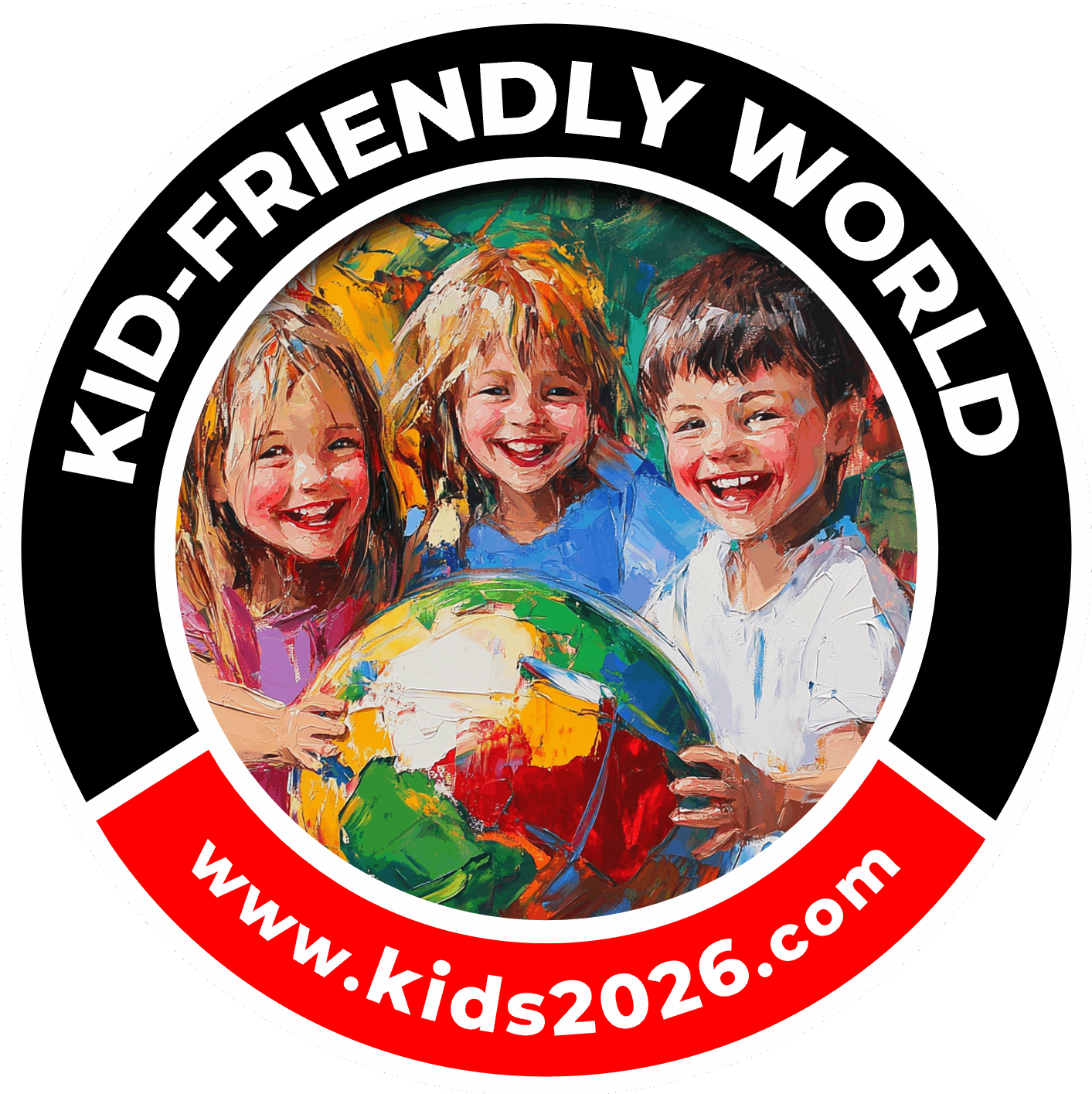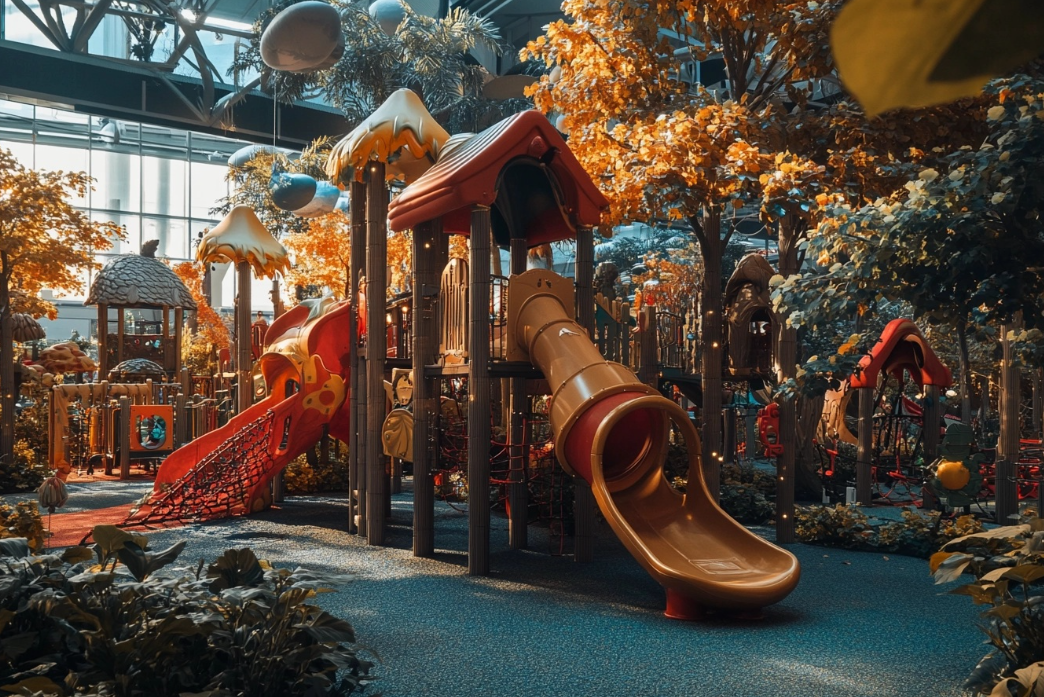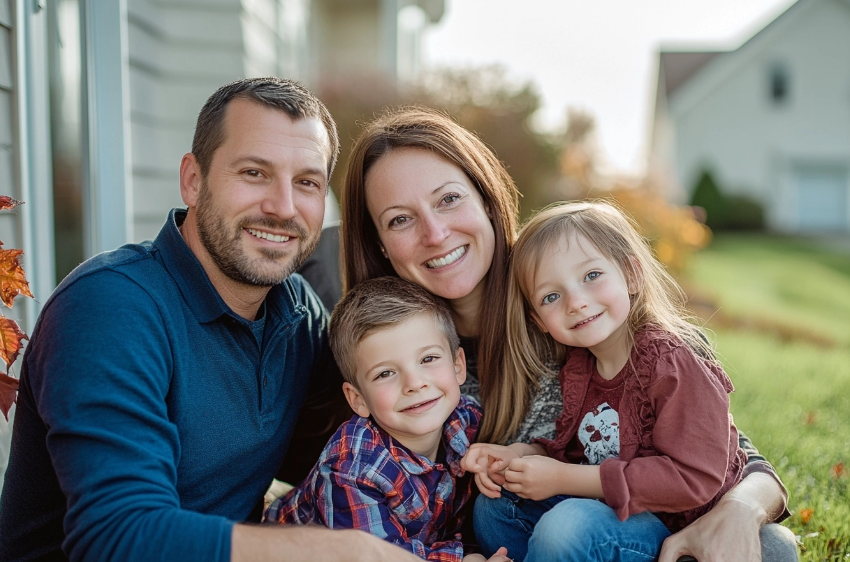Creating a space or service that feels kid-friendly isn’t about guessing—it’s about measuring. By using surveys adapted for different ages, play-based interviews, real-world observations, and experimental designs, we can understand how children and families experience every touchpoint of their journey.
For example, when evaluating a hotel, research doesn’t just ask parents about cleanliness and amenities. It also explores whether children found the environment welcoming, playful, and easy to navigate. Similarly, when studying a tourist destination, observation and interviews capture how families interact with signage, attractions, or public spaces—and whether these elements enhance or hinder their experience.
Experimental research can take this a step further by systematically testing which design choices matter most. Randomized scenarios (with or without kid-friendly features) reveal how specific elements influence booking decisions, emotional responses, or behavioral loyalty. Creative tools like mapping and storytelling help children participate actively in research, offering a richer, more nuanced understanding of their needs.
Kid-Friendly World supports organizations with comprehensive research services: from designing ethical, family-centered studies to conducting experiments, analyzing data, and creating clear visual dashboards. We also provide ready-to-engage panels of families who recently visited hotels, destinations, and Airbnb accommodations, allowing partners to quickly test ideas, evaluate experiences, and refine strategies.






